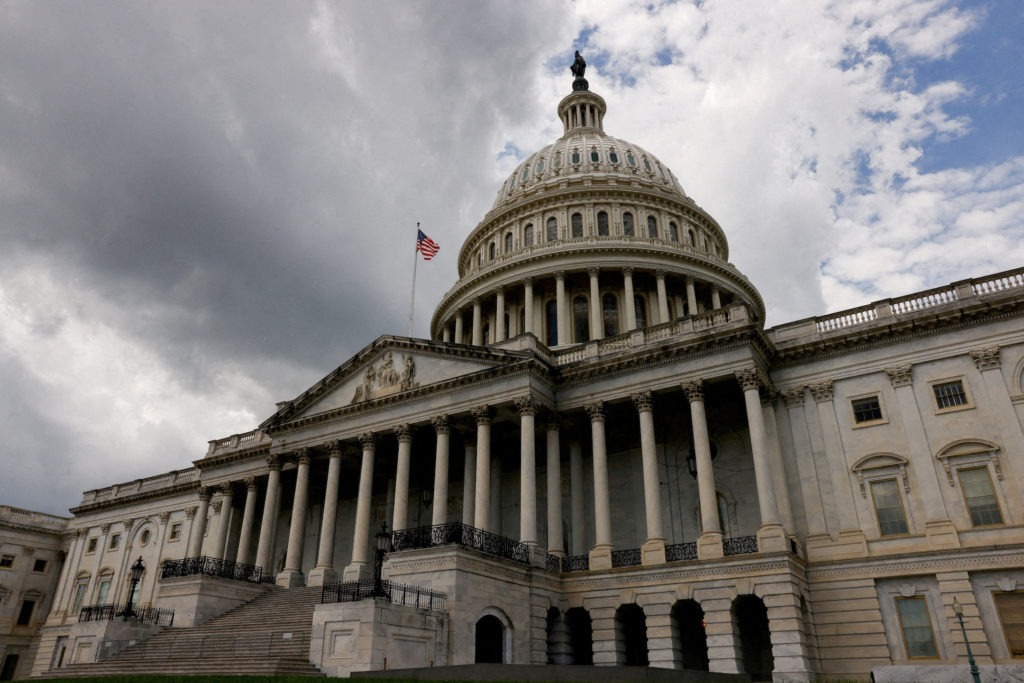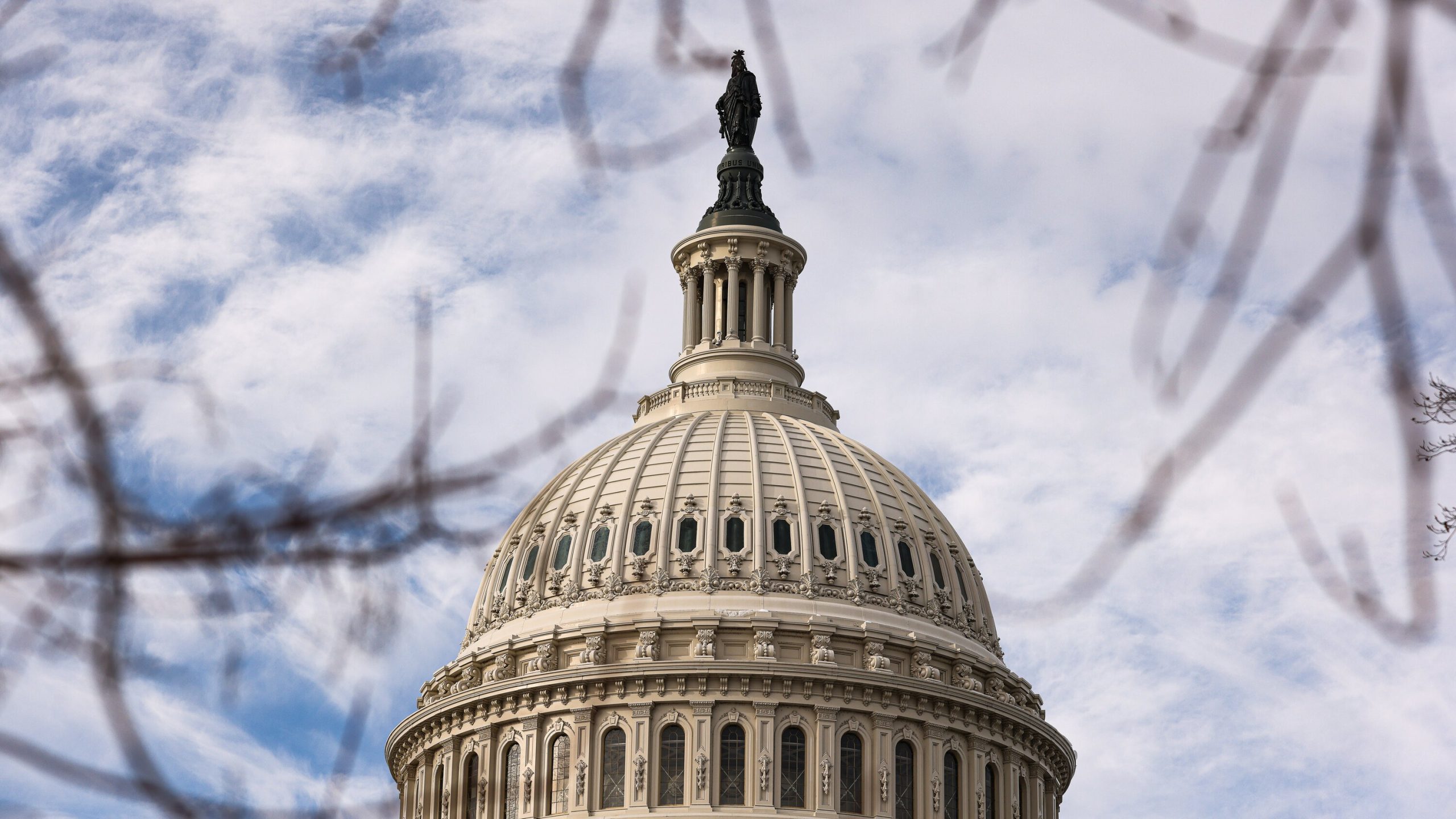For nearly seven decades, American businesses enjoyed the benefit of deducting 100 percent of research and development (R&D) expenses from taxable income in the year incurred.
This tax treatment incentivized innovation, fueling scientific breakthroughs, economic growth, and national advantages for the U.S. in both commercial and military realms.
However, the Tax Cuts and Jobs Act (TCJA) of 2017 altered this tax treatment to offset tax cuts’ revenue impact. Under the TCJA, businesses must now amortize R&D investments over five to 15 years, increasing their annual tax burden and discouraging innovation-driven investments.

The bipartisan tax bill contains a critical fix to spur American innovation (Credits: The Hill)
In response, the House of Representatives passed the Tax Relief for American Families and Workers Act, aiming to restore aspects of Section 174 of the Internal Revenue Code related to first-year expensing of R&D investments. This bipartisan legislation addresses the critical need to support American innovation and economic competitiveness.
Startups, in particular, bear the brunt of the R&D tax change, as they heavily invest in developing new products or services. The sudden tax liability poses a severe threat to these early-stage companies, jeopardizing their survival and hampering job creation and economic growth.

House passes bipartisan bill (Credits: PBS)
China’s aggressive pursuit of global innovation leadership further underscores the urgency of restoring favorable R&D tax policies in the U.S. China’s substantial investments in research and development, coupled with strategic initiatives, pose a challenge to America’s innovation dominance.
To counter China’s competitive threat and bolster America’s innovation ecosystem, the Senate must prioritize passing the Tax Relief for American Families and Workers Act.
Restoring first-year expensing of R&D investments is essential for enhancing America’s long-term economic competitiveness and securing its position as a global leader in technology and innovation.























